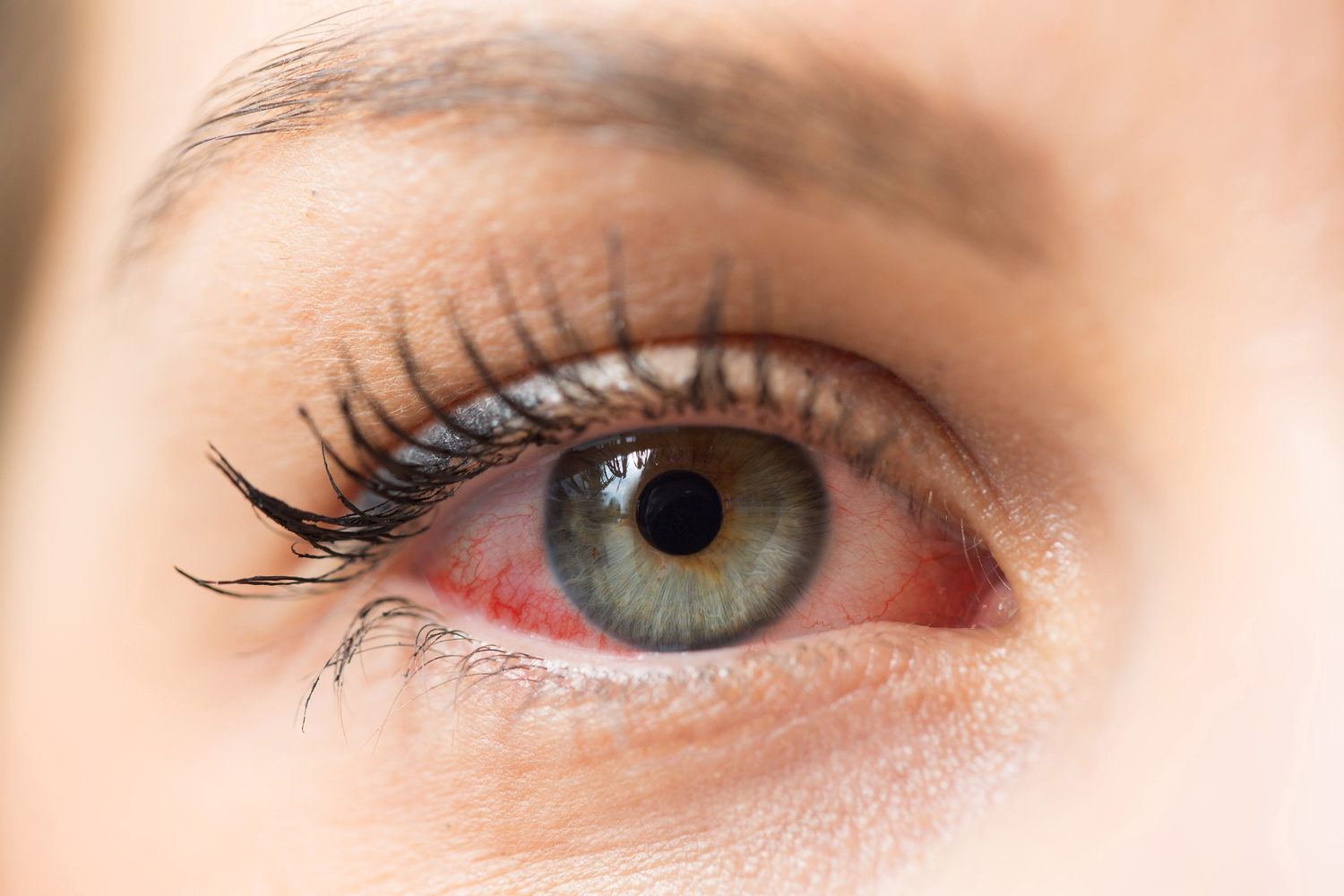
Dry eyes or dry eye syndrome isn’t limited to the summer. In fact, every patient with this condition is different, and some will experience dry eyes worse in the winter than during the warmer, summer months. Here’s what you need to know about dry eyes and why some people may find their symptoms getting worse during the winter.
What is dry eye syndrome?
Dry eye syndrome is a condition that is characterized by the main symptom that gives it its name – dry eyes. There are numerous reasons why someone may develop dry eyes, but in most cases, the dry eyes occur either because their eyes aren’t making enough tear film, the tear film doesn’t have the right elements, or because the tear film is draining from the eyes too quickly.
Our eyes rely on tear film to keep them comfortable and protect them from harmful microorganisms. When there isn’t enough tear film, patients can experience a range of symptoms including:
Itchy, irritated eyes
Red eyes
Feeling as though there is something in the eyes
Eye fatigue
Blurred vision
Sensitivity to light
Disrupted sleep
The severity of the symptoms of dry eye can vary, and some patients may find that they come and go or remain consistent. Many people do also discover that their symptoms get worse during the winter.
Why do we get dry eyes in the winter?
In winter, dry eyes are most worsened by the environment – both indoors and out. When we are outside, the cooler temperatures cause the air to by drier, and this lack of humidity can contribute towards the development of dry eye. Similarly, unpredictable, and inclement weather can result in cold winds, especially from the north, which deliver cool air directly into our faces, causing our skin and eyes to become much drier.
Unfortunately, the situation isn’t much better when we are indoors either. Cooler temperatures result in us using our home heating, and this dries out in the air inside our homes too. This can cause tear film to evaporate more quickly, increasing the risk of experiencing dry eyes. We may also spend more time inside, where allergens like dust, animal dander and mold spores can cause symptoms that affect our eyes.
Relieving dry eyes in winter
Fortunately, there are things that you can do to help relieve your dry eyes this winter. Some of the steps that your eye doctor could advise you to take could include:
Drinking more water
Using a humidifier indoors to add some moisture to the air
Turning your heating down a little
Wear sunglasses when outside to protect your eyes from cold air, wind and other environmental elements
Avoid having warm air blowing directly into your face
Vacuum and dust regularly to reduce the number of allergens in your home and workspace
Take regular screen breaks, as staring at digital devices for too long is proven to slow down your rate of blinking and increase your risk of dry eyes
Avoid smoky atmospheres, like bonfires and cookouts
Consider using artificial tears to keep your eyes lubricated
Follow a healthy lifestyle, with a nutritious, balanced diet, minimal alcohol and no smoking
If you aren’t able to relieve your dry eye symptoms using the steps above, you should schedule an appointment with your eye doctor to discuss what other treatments could be beneficial. These could include prescription eyedrops, oral medications such as antihistamines and anti-inflammatories, and more advanced treatments such as medicated eye inserts and thermal pulsation therapy. Your eye doctor will be able to talk to you about these in more detail.
For more information about dry eyes and what you can do to prevent them, please contact Dau Damily Eye Care at (904) 713-2020.





